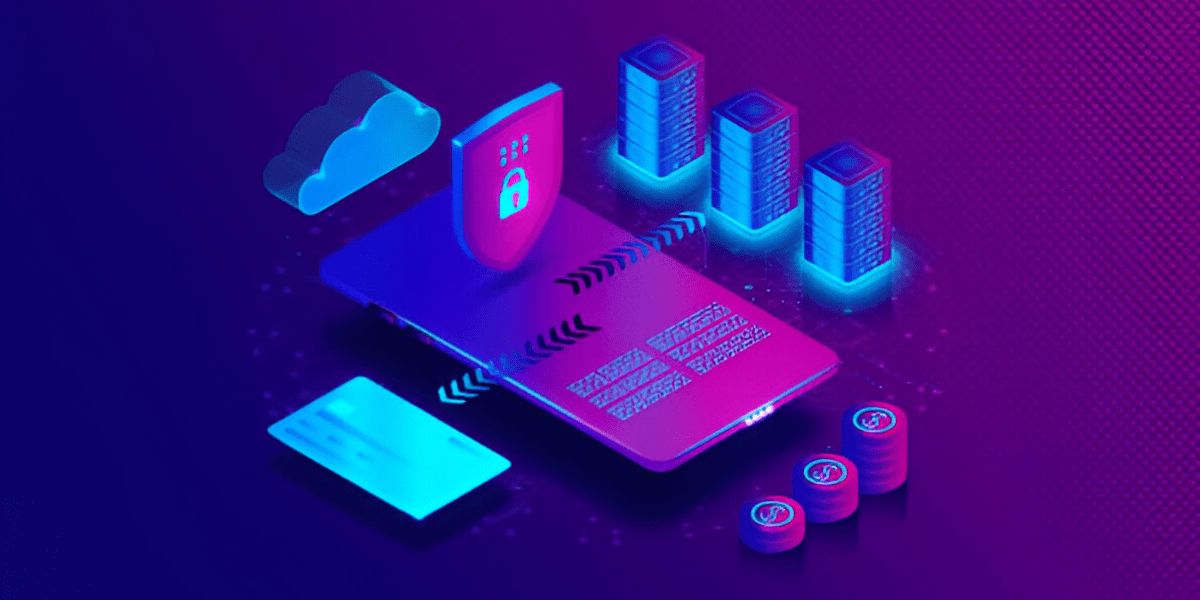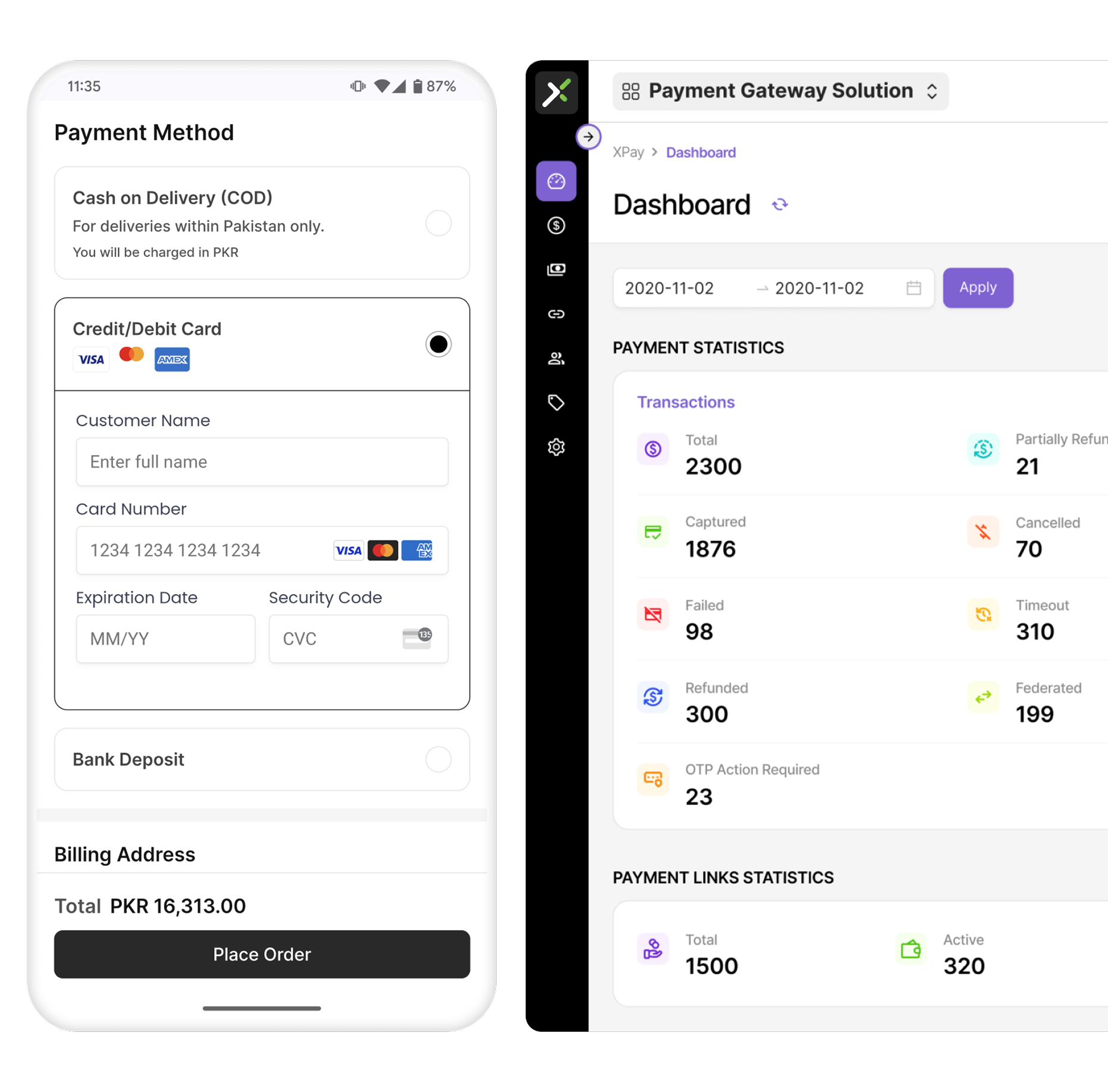BLOG
Payment Tokenization: What It Is and How It Works
Learn how payment tokenization secures online transactions in Pakistan. XPay offers safe, fast, and PCI-DSS compliant tokenized payments for businesses.

Author
XPay
October 24, 2025
BLOG
Learn how payment tokenization secures online transactions in Pakistan. XPay offers safe, fast, and PCI-DSS compliant tokenized payments for businesses.

October 24, 2025

In the world of online payments, security stands as a core concern for businesses and customers alike. As e-commerce expands in Pakistan, where digital transactions are becoming more common for everything from shopping to bill payments, protecting sensitive information has never been more important.
Payment tokenization offers a practical solution to this challenge by replacing actual card details with secure tokens. This approach helps reduce risks associated with data breaches while making repeat purchases smoother.
For Pakistani businesses looking to adopt this technology, services like XPay provide an effective way to integrate tokenization into their operations. XPay specializes in secure payment processing tailored to the local market, ensuring compliance and ease of use.
Payment tokenization refers to the process of substituting sensitive payment information, such as credit or debit card numbers, with a unique identifier known as a token. This token acts as a stand-in for the real data during transactions, without revealing the original details to merchants or intermediaries.
At its foundation, tokenization aims to minimize exposure of personal financial information. When a customer enters their card details on a website or app, the system generates a token that represents those details. This token can then be used for future transactions, but it holds no value on its own. If intercepted by unauthorized parties, it cannot be reverse-engineered to obtain the actual card information.
In Pakistan, where online shopping platforms and delivery services are gaining traction, tokenization addresses common issues like fraud and data theft. Regulatory bodies, including the State Bank of Pakistan, emphasize secure practices in digital payments, making tokenization a recommended feature for payment gateways. XPay incorporates tokenization as part of its core security measures, helping businesses comply with these standards while serving customers across the country.
The mechanics of payment tokenization involve several steps, typically handled by a payment gateway or processor. Here’s a breakdown of the process:
This workflow ensures that even if a merchant's database is breached, no usable payment data is exposed. In practice, tokenization integrates seamlessly with other features like recurring billing.
For example, XPay uses tokenization to support subscriptions and automated payments, allowing Pakistani businesses to set up plans for services like streaming or utility bills without requiring customers to re-enter details each time. This not only streamlines operations but also boosts transaction success rates by up to 35%, as reported by XPay's platform.
Adopting tokenization brings several advantages, particularly in a market like Pakistan where trust in online payments is still building.
XPay leverages these benefits through its PCI-DSS compliant platform, which includes tokenization to safeguard customer details during recurring transactions. Additionally, XPay's XShield fraud protection adds real-time detection using factors like IP addresses and card fingerprints, further strengthening security for Pakistani users.
For businesses in Pakistan seeking a reliable payment solution that incorporates tokenization, XPay stands out as a leading option. As a local payment gateway, XPay focuses on simplifying digital transactions for e-commerce, with features designed to fit the needs of Pakistani merchants.
XPay's on-site checkout keeps customers on your website throughout the payment process, using tokenization to handle sensitive data securely. This integration supports various methods, including cards and Google Pay, allowing for quick, encrypted transactions. Businesses can set up recurring payments effortlessly, with smart retry logic to handle failed attempts and reduce customer drop-off.
What sets XPay apart is its adaptation to the Pakistani context. It works with local merchant IDs and offers bank-specific discounts to attract more customers. Integration is straightforward, whether through plugins for Shopify and WooCommerce or SDKs for mobile apps in React Native or Flutter, going live can take as little as 30 minutes. XPay also provides transparent pricing without hidden fees, along with dedicated support to help businesses scale.
Testimonials from Pakistani companies like PriceOye and Domino’s Pakistan highlight how XPay has improved their payment efficiency and security. By choosing XPay, businesses not only gain access to tokenization but also tools like dynamic routing and payment links, which enable instant transactions via SMS or email, ideal for the mobile-first habits of many Pakistani consumers.
Payment tokenization represents a straightforward yet powerful method to secure online transactions, making it essential for modern payment systems. By understanding its workings and benefits, businesses in Pakistan can better protect their customers and streamline operations. Platforms like XPay make this technology accessible, offering a secure, user-friendly gateway that promotes growth in the local e-commerce sector. Implementing tokenization through XPay could be the step your business needs to handle payments more effectively.
Offer customers a faster, secure checkout experience without redirects. From cards and wallets to payment links. XPay helps you reduce drop-offs and get paid reliably.
Get Free Demo
